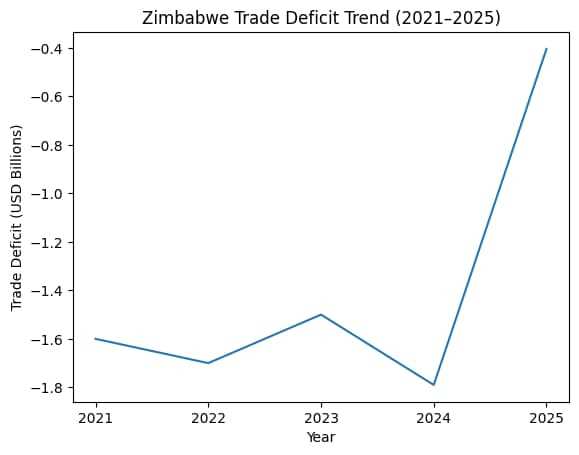
Oscar J Jeke
Zim Now Reporter
President Emmerson Mnangagwa has officially commissioned three new production lines at National Foods Limited, a major boost to Zimbabwe’s agro-industrial drive and food processing capacity. The launch includes a breakfast cereals plant, a biscuit production line, and a pasta facility, all located at the company’s Harare operations.
Speaking at the commissioning ceremony, President Mnangagwa said the development was “a beacon of efforts towards economic development and industrialization,” and proof of the private sector’s confidence in government policies.
National Foods CEO Mike Lashbrook spoke on the company's shift from primary production to value-added processing and beneficiation noting, “…basically these three new plants are all new businesses for National Foods, as you know we have been in milling of flour, maize-meal and animal feeds, so sought of primary production, so now we looking into to move in the value chain. For example four leads o pasta and biscuits…”
Related Stories
The new breakfast cereal plant, built at a cost of US$7 million, has a production capacity of 800 tonnes per month and is expected to consume around 15,000 tonnes of maize annually. It is designed to manufacture fortified, high-quality cereals locally, reducing import dependence and supporting maize farmers by creating reliable demand for their produce.
The biscuit production line is one of the most advanced in the country, with capacity to produce 1,300 tonnes of biscuits per month using state-of-the-art technology. It will offer a wide range of products and is expected to contribute to job creation and skills development in the food manufacturing sector.
National Foods also launched a US$6 million pasta line, which will produce approximately 1,200 tonnes of short-cut pasta monthly, using around 1,500 tonnes of locally grown wheat. The facility aims to reduce Zimbabwe’s pasta import bill and make use of the country’s increased wheat self-sufficiency.
“Our country currently consumes about 5,000 tonnes of pasta per month, most of which is imported. This plant covers that import gap and supports our farmers,” said the President.
With these plants, Zimbabwe is expected not only to meet domestic food needs but also to strengthen its position as a regional supplier. National Foods already exports products to Zambia, Botswana, and South Africa, and Mnangagwa challenged the company to expand its footprint further into the region.
“These plants symbolize the spirit of Zimbabwe: innovative, resourceful, and forward-looking,” Mnangagwa said. “Today, we affirm that Zimbabwe has the capacity to produce what we consume and compete regionally and globally.”



















Leave Comments